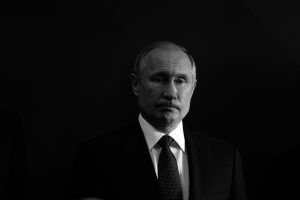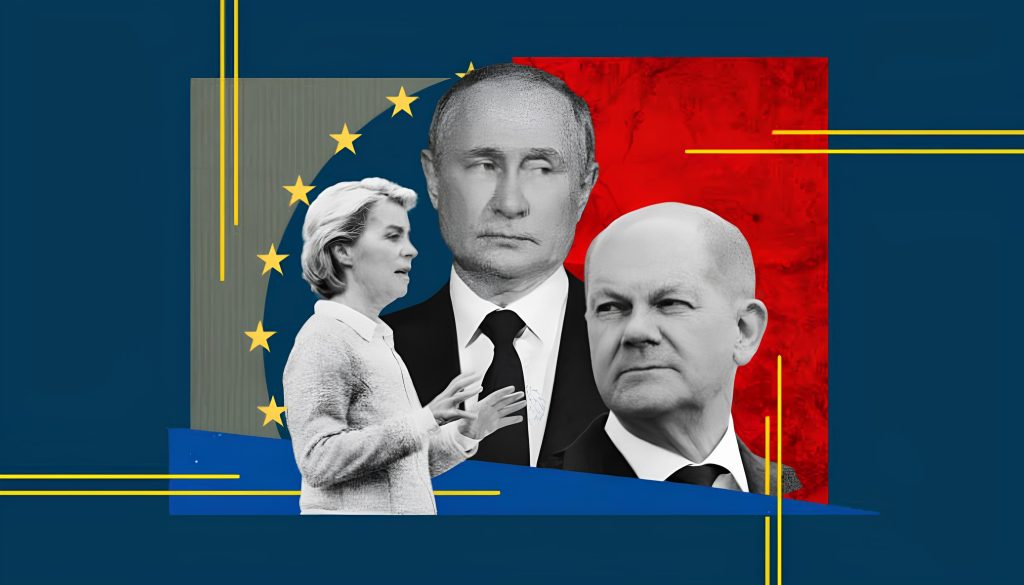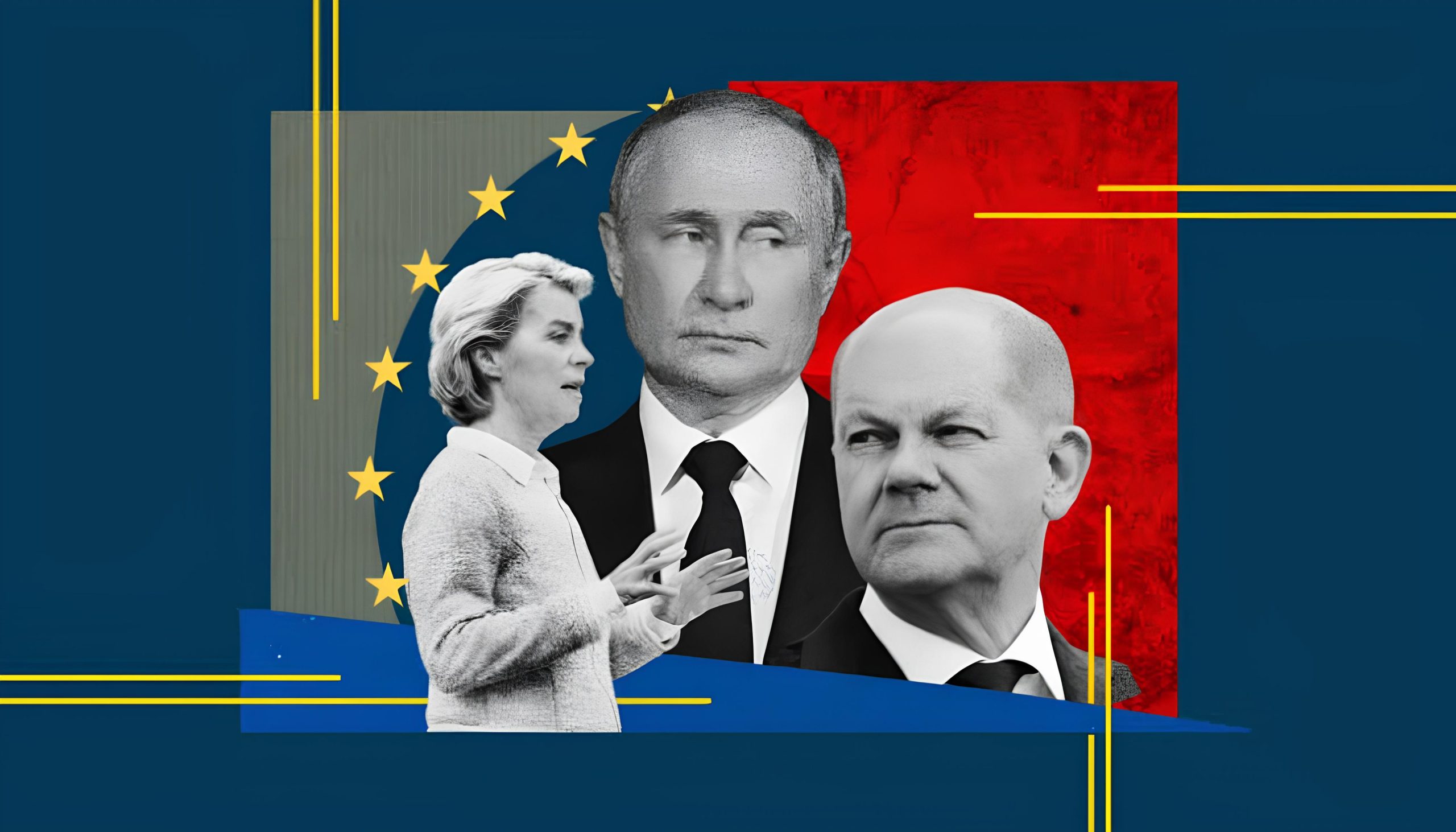
The EU’s enlargement process, internal structural reforms and complex regional dynamics profoundly affect the EU’s future landscape.
January 05, 2024

The enlargement process of the European Union has recently begun to show signs of life after more than ten years of complete apathy. Since the last adhering in the past decade, the expansionist nature of the EU has been fading and strongly discouraged. Croatia has thus joined the minority of Balkan countries considered Member States, leaving the majority group eagerly waiting for the definition of their entry date into the European project—an expectation that was surely encouraged at the Western Balkans Forum in 2003, a project aimed to accelerate the accession to the European Union of Albania, Bosnia and Herzegovina, Croatia, North Macedonia, Serbia, and Montenegro. However, 20 years later, the progress consists of only one accession and five countries gaining candidate status, the latest obtained by Bosnia and Herzegovina last year.
Although ethnic tensions, corruption, poor quality of democratic institutions, and the lack of progress concerning the rule of law in these Balkan countries have hindered their European aspirations and contributed in part to the delay of this process, much responsibility has to be attributed to the lack of efforts from the European Union. The EU has suffered from a so-called “Enlargement Fatigue”—a generally negative perception of the impact of future adhesions on various areas of EU action, and a “traumatic symptom” caused by the “bad boys” of the 2004 group, notably Poland and Hungary and their constant conflicts and non-compliance with Brussels’ directives, that caused worrying impacts on democracy, the rule of law, and foreign policy.
However, starting from February 24 of 2022, the discourse changed, as a consequence of the action of the main protagonist of the new enlargement policy. European solidarity towards Ukraine was felt from the beginning, materializing in financial and material support, and the application of 12 sanction packages against Russia. However, regardless of the magnitude of this support, it would always be limited without a declared intention to integrate Ukraine as a Member State of the European Union – enlargement has ceased to be seen as a political issue and has become a moral obligation. Four days after the Russian invasion, Ukraine applied for EU membership, and three days later, Georgia advanced its application (scheduled for 2024) on the same day as Moldova.
It was the first act of Russian influence in the enlargement process of the European Union. One week after the start of hostilities, these three countries (known as the “Association Trio”) had taken their first significant step to one day be truly considered members of the European family. With the eyes of the world on the war in Ukraine, the EU’s response was quick, granting candidate status to Ukraine and Moldova within a span of 3 months, a process that had never taken less than a year for the candidate countries in the Balkans region.
The second act of the protagonist of the new enlargement policy begins precisely in that region. The EU left these potential members in the “waiting room” for so long that they became easy targets for Russian influence. In the case of Serbia, Aleksandar Vučić does not let his professed European ambitions prevent him from fostering partnerships with other strategic allies, such as Russia and China, which deepen as Serbia’s accession process to the European Union stagnates. As a result, despite Vučić not making any real contribution to resolving the conflict with Kosovo (despite numerous efforts by the EU) and the degradation of democracy in the country (as seen in the Serbian presidential elections in December, that resulted in his reelection), the European Union and various Western leaders avoid explicit criticism, fearing that the deterioration of diplomatic relations with Belgrade could directly contribute to the approachment between Serbia and powers on the other side of the globe, thereby affecting regional stability.
In the same vein but with a much more hostile stance towards the EU, Milorad Dodik, president of Republika Srpska (the Serbian entity in Bosnia and Herzegovina), is a “fervent” supporter of Vladimir Putin and the diplomatic ties with Russia are his top priority, strongly opposing Bosnia’s future accession to the European Union. This position, along with Dodik’s constant attacks on the rule of law, has been a significant contribution to the delay in the integration process of Bosnia and Herzegovina – only in November 2023, the European Commission recommend opening accession negotiations with this country, despite having submitted its application in 2016.
The recommendations of the Commission in November 2023 were celebrated in the Moldovan and Georgian parliaments. In addition to the mentioned developments in the Bosnian situation, through the 2023 Enlargement Package, the European Commission proposed opening accession negotiations with Moldova and granting candidate status to Georgia. Despite the existing Russian interference and influence in both countries, which intensifies in the case of Moldova due to the Transnistria region, a pro-Russia and separatist region that has maintained back-and-forth relations with Chișinău, which despite this does not appear to be an obstacle to Moldova’s European future, as the words of the High Representative of the Union for Foreign Affairs and Security Policy, Josep Borrel, indicate: “Moldova’s path is independent of what is happening in Transnistria.
Cyprus became a member of the European Union having a territorial problem. Moldova can do it.” – despite the comparison not being entirely fair (the inclusion of a pro-Russia separatist region in the European space does not cause the same level of concern as a self-proclaimed Turkish region). These statements demonstrate the urgency attributed to the integration process of the Association Trio, despite likely prohibitive obstacles in other circumstances. However, the major highlight was the development of the process of the most relevant country in this group. The Commission recommended opening accession negotiations with Ukraine, to be approved by the leaders of EU Member States in the last meeting of the European Council in 2023. The third act of Russian influence in the EU enlargement process begins through the person of Viktor Orbán.
The Hungarian Prime Minister, “the dictator” as affectionately dubbed by the former President of the European Commission, Jean-Claude Juncker, was the focus of attention for several European leaders and the EU in the days leading up to the European Council meeting, due to multiple threats to block Ukraine’s accession progress and the 50-billion-euro aid package to Kiev. These statements follow a longstanding strained relationship between Orbán and Brussels, caused by numerous convictions for corruption and disregard for democratic rights within Hungarian borders. While the Hungarian leader and his government continue to promote a hostile stance towards the EU, arguing that it undermines Hungarian sovereignty as a nation-state, the European Union has blocked the European Structural Funds earmarked for Hungary.
Another point of tension is Hungary’s close relationships with Russia, which led Orbán to oppose sanctions against the Russian state and to be the leader of an EU Member State “less hostile” to Putin since the beginning of the Russian invasion in Ukraine. Regarding Kiev, the Hungarian Prime Minister has always emphasized the cultural problems faced by the Hungarian minority in Ukraine. Despite the recent resolution of this issue through the approval of a new law in the Ukrainian parliament allowing schools in the ethnic Hungarian areas to teach classes in Hungarian, Orbán’s anti-Ukraine sentiment has remained unchanged, raising doubts about his true intentions in highlighting the problem, with the “Russia” factor being the most likely explanation.
One day before the decisive meeting, the European Commission announced that it would unlock 10 billion euros in cohesion funds for Hungary. This controversial measure demonstrates how the EU aims to showcase the results of the process, even if these actions may lead to dead ends and bring future negative consequences. Besides Hungary not having fulfilled its judicial reform obligation, “rewarding” this misbehaving attitude could set a precedent where Member States use their veto power to blackmail the European Union and promote their interests. As a result, Viktor Orbán dropped his veto threat, and the accession negotiations with Ukraine and Moldova began, which was presented as a small victory for European interests.
However, Orbán did not completely abandon his blockade; on the contrary, he vetoed a much needed 50 billion euros funding line for war-torn Ukraine. This decision illustrates what the initiation of Ukrainian accession negotiations to the EU actually represent. While the veto on the transfer of funds is crucial for Ukraine’s immediate future and its ability to respond to Russian attacks, the progress of the integration process at this moment is nothing more than a symbolic act in a process that seems to be very long.
On the Ukrainian side, the fact of not being a NATO member is not favorable. The incomplete European project of defense and security leads to existing NATO member states being “more attractive” as they have the ability to deter potential Russian aggression — like the ongoing ones in Ukraine. This is also a negative point, as it is not expected for any country at war to join the European Union. On the side of the European Union, there are numerous factors demonstrating that a rapid EU accession by Ukraine is highly unlikely. The current structure of the European Union and its various institutions are not ready to integrate new Member States. As evidenced by the recent individual actions of Viktor Orbán, it is desired that future enlargement be preceded by the end of unanimous voting on key policies, replaced by qualified majority voting.
At the same time, there is a need to define the future structure of the European Parliament, the EU budget framework, and to adapt current common policies to new members. In the case of Ukraine, for example, the Common Agricultural Policy would have to adapt to one of the world’s largest agricultural producers to avoid a repetition of events from last September. After the removal of all trade barriers on Ukrainian products by the EU, Poland, Slovakia, and Hungary unilaterally imposed blocks on Ukrainian agricultural imports, which entered the market at a much lower price compared to the agricultural products of their neighbors.
Moreover, some resistance is expected from current net recipients who, with the accession of future Member States, would transition to being net contributors to help close the gap between current and future members. Also, the integration processes of the Association Trio countries shouldn’t conclude earlier than those of the Balkan countries, due to the possible negative reactions it could trigger in these countries. For these reasons, despite the change in approach to the enlargement policy in the last two years, it is expected that the remaining progress will take much longer, contrasting with the urgency of the initial phase.
A curated seletion of FA’s must-read stories.
Written By: DILARA SAHIN
Written By: RIZWAN RAFI TOGOO
Written By: ERIC SONG
Written By: BATUHAN GUNES
Written By: E. ERDEN
Written By: SHOHREH POOLAB
Written By: ALEYNA TASTAN
Written By: CIHAN KAAN GAZI

Rodrigo Castro holds a bachelor's degree in European Studies and International Relations and is currently seeking to obtain his master's degree in International Studies at ISCTE-IUL. He has professional experience in diplomatic representation and his main areas of study are European Politics and EU affairs.
Written By: GABRIEL RAMIREZ
Written By: DILARA SAHIN
Written By: DILRUBA YILMAZ
Written By: NILAY CELIK
Written By: ELDANIZ GUSSEINOV
Written By: JOSEF SCHOEFL
Written By: SELCAN BEDIRHANOGLU
Written By: FATIH CEYLAN
FA’s flagship evening newsletter guilding you through the most important world streis ofthe day. Delivered weekdays.
